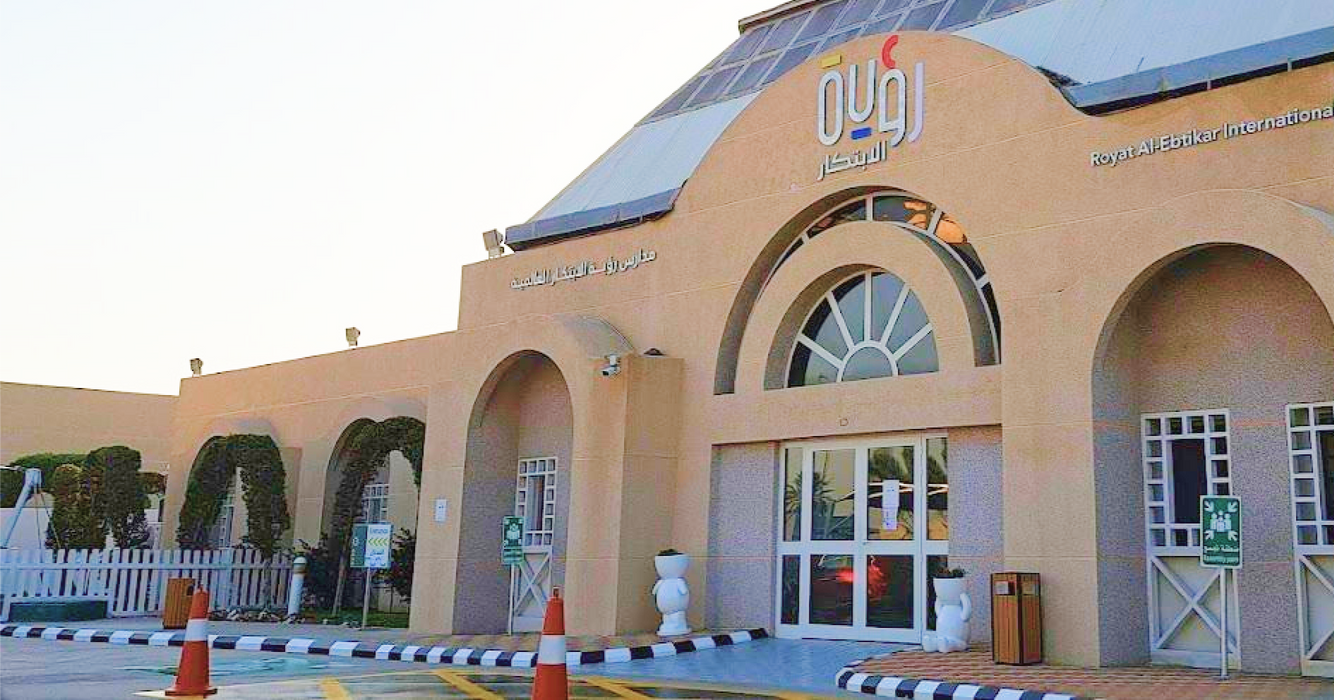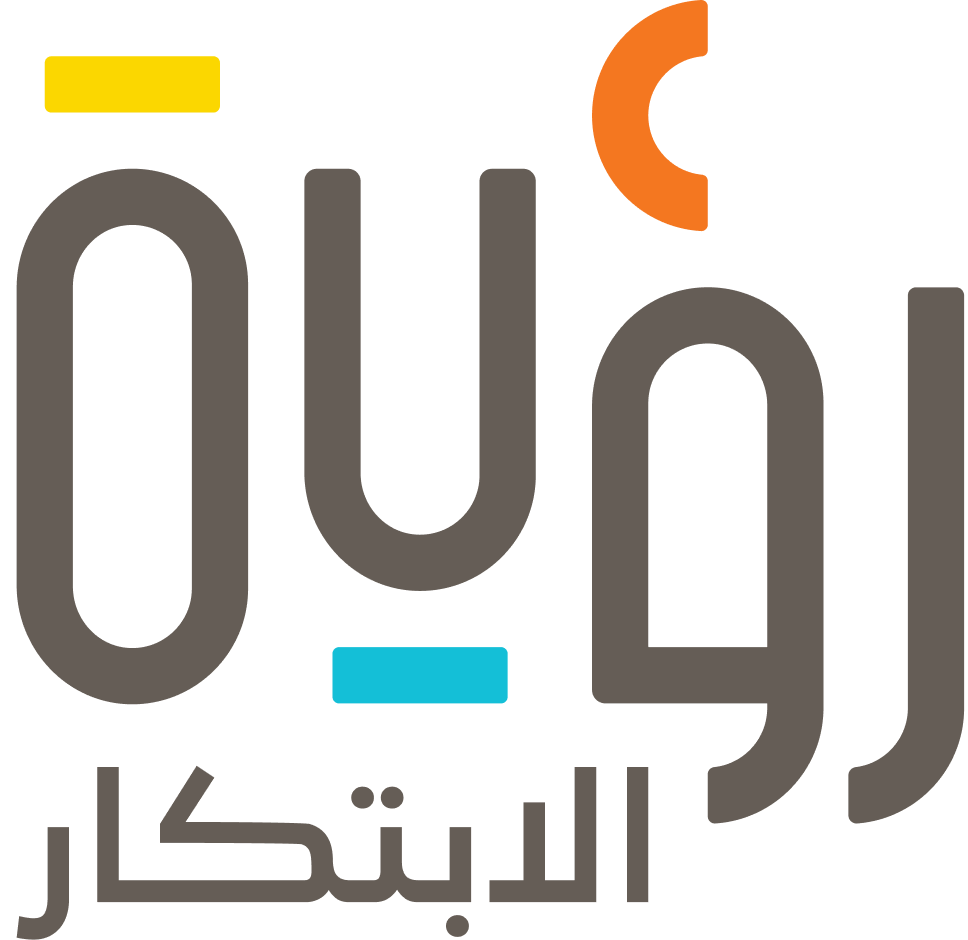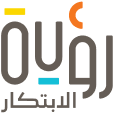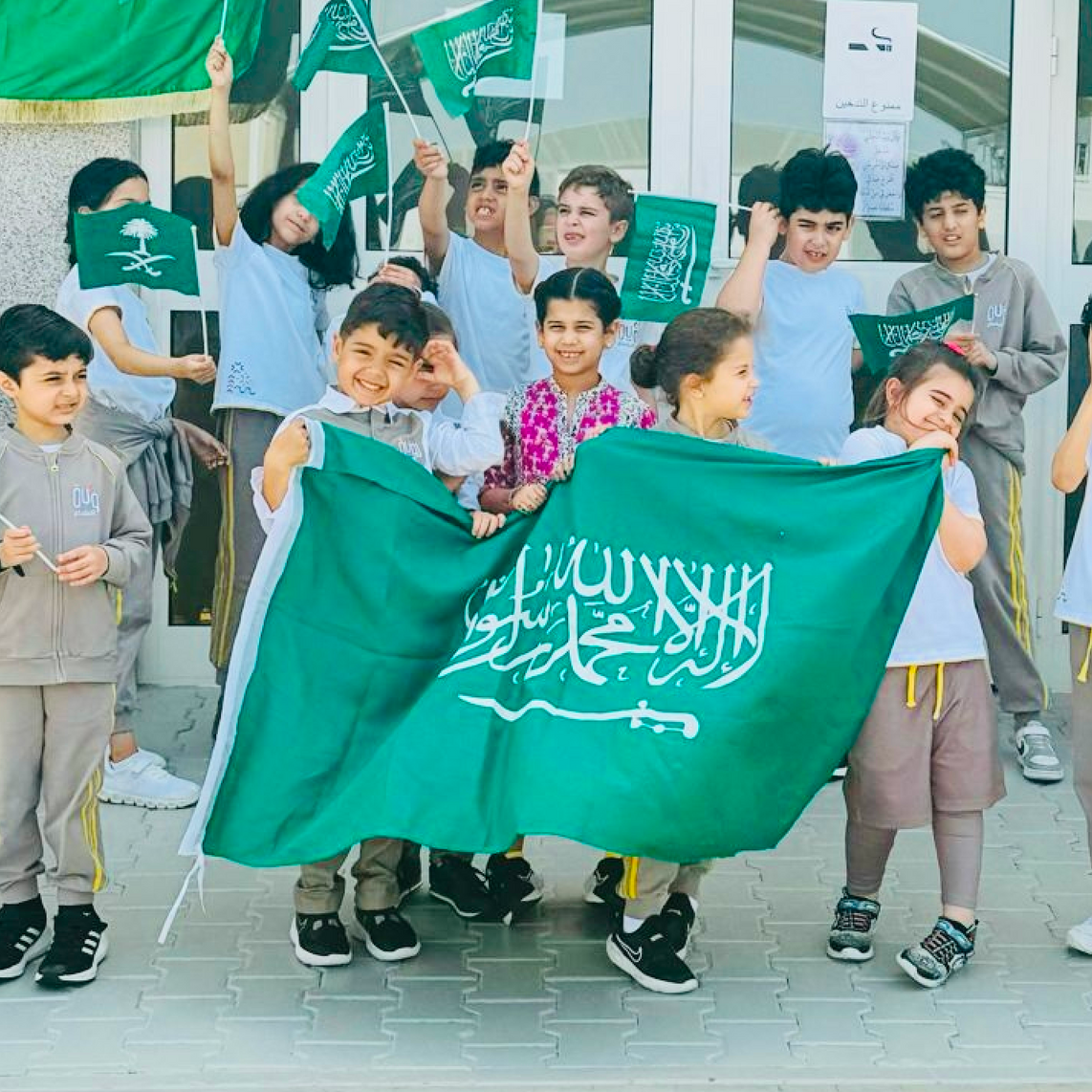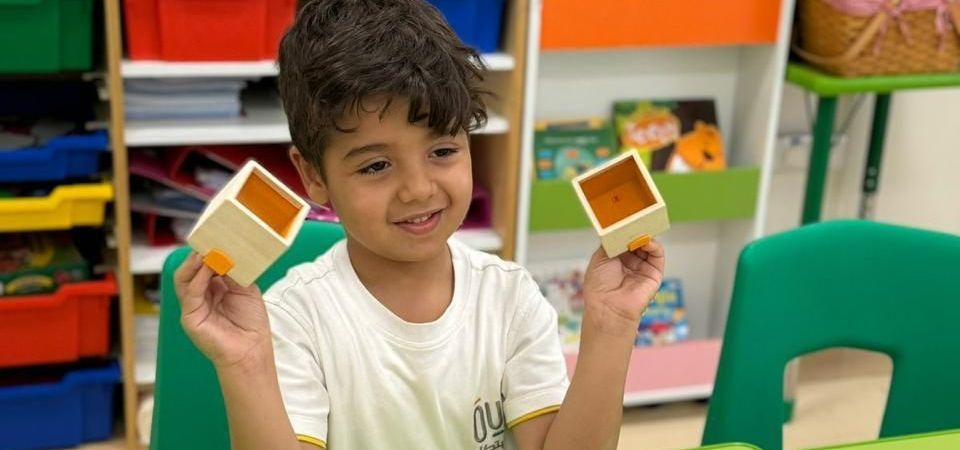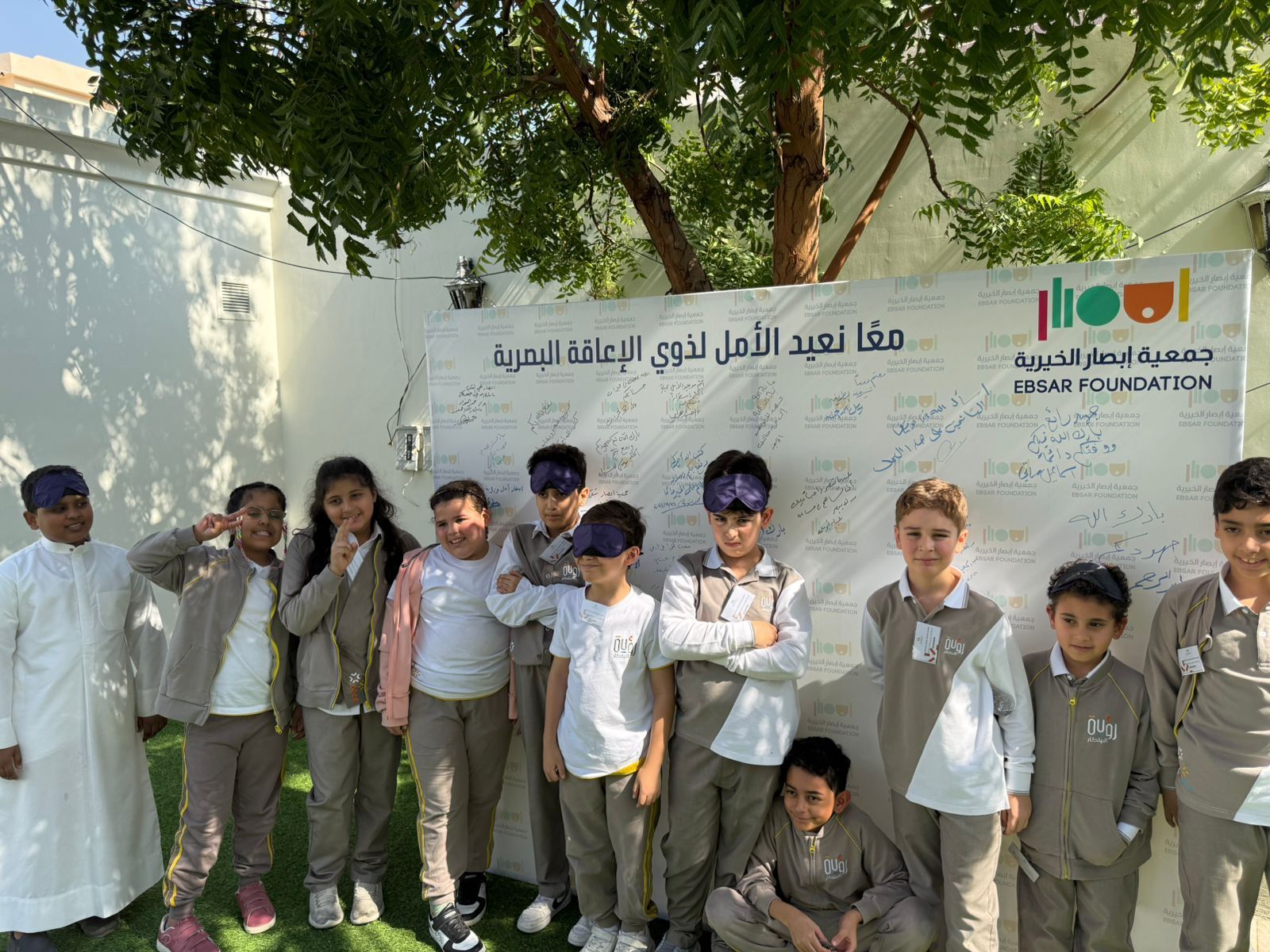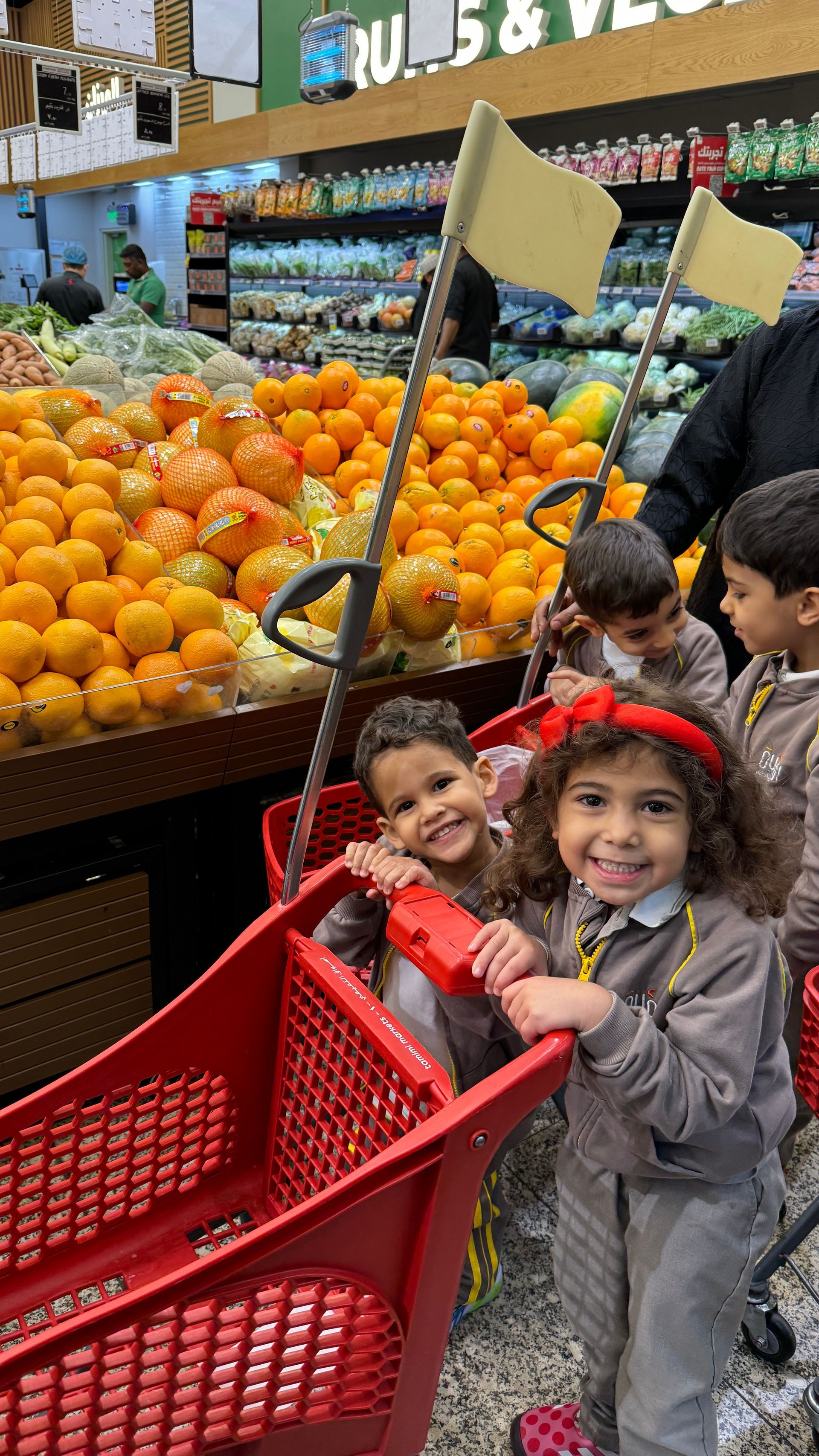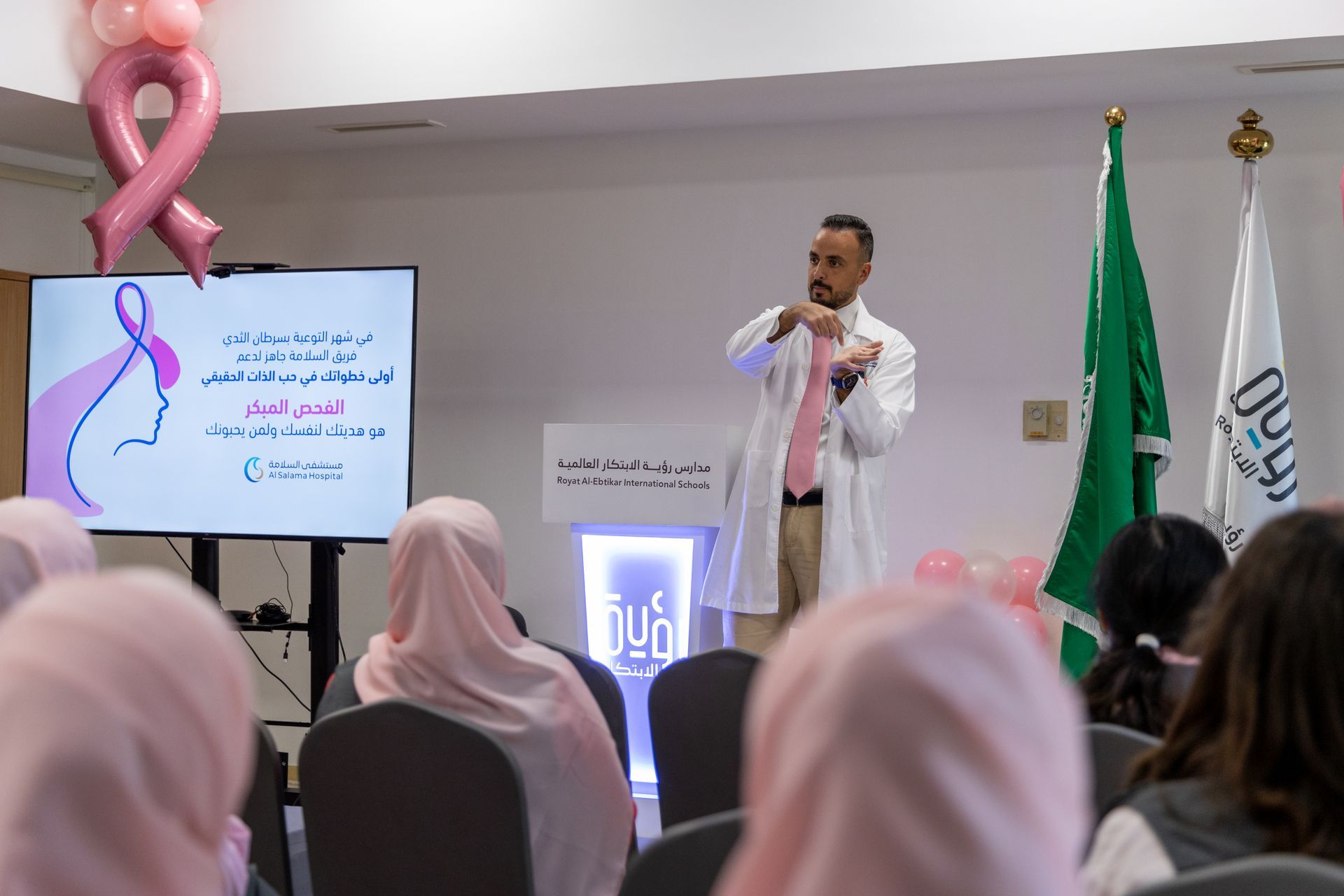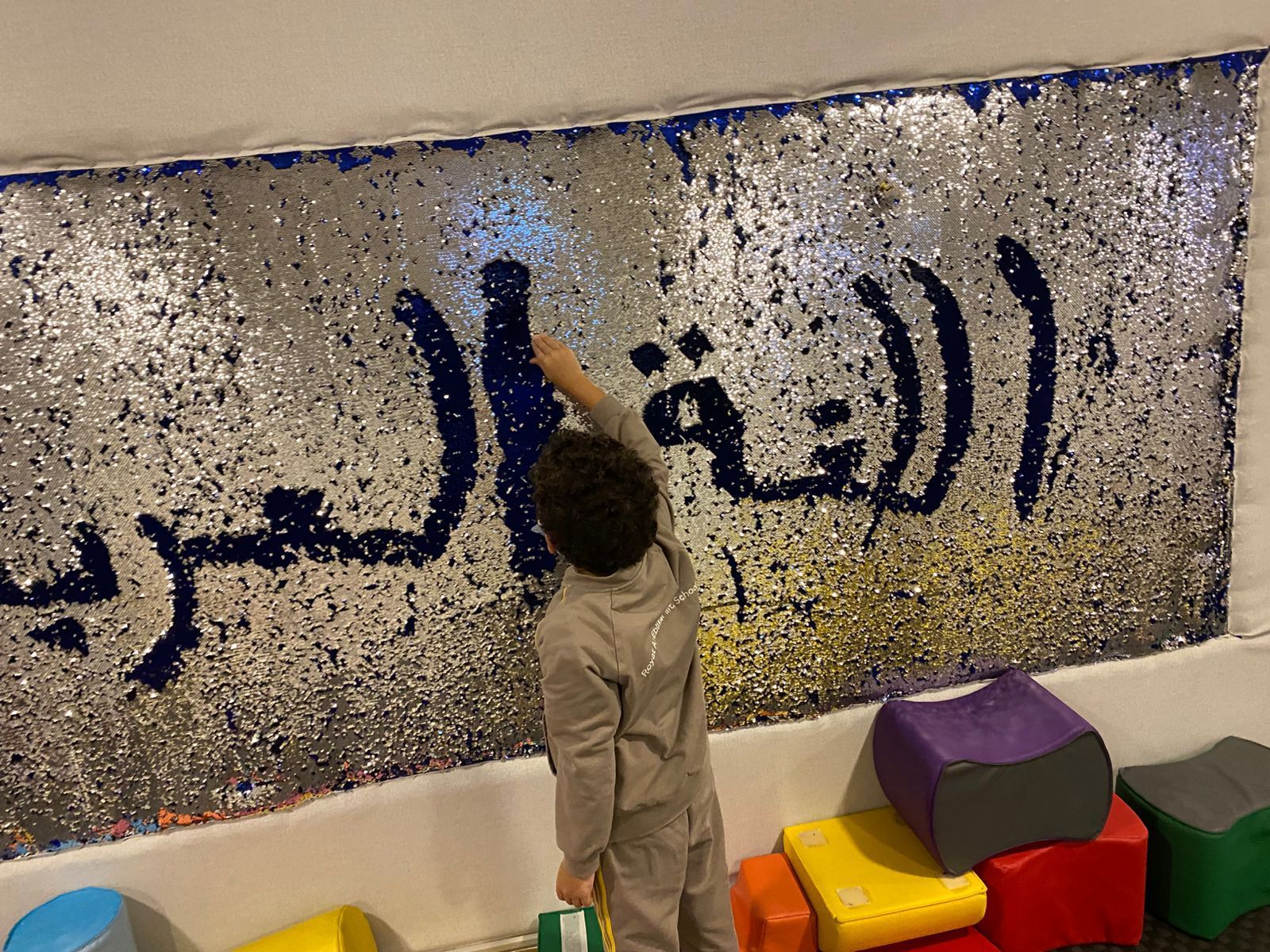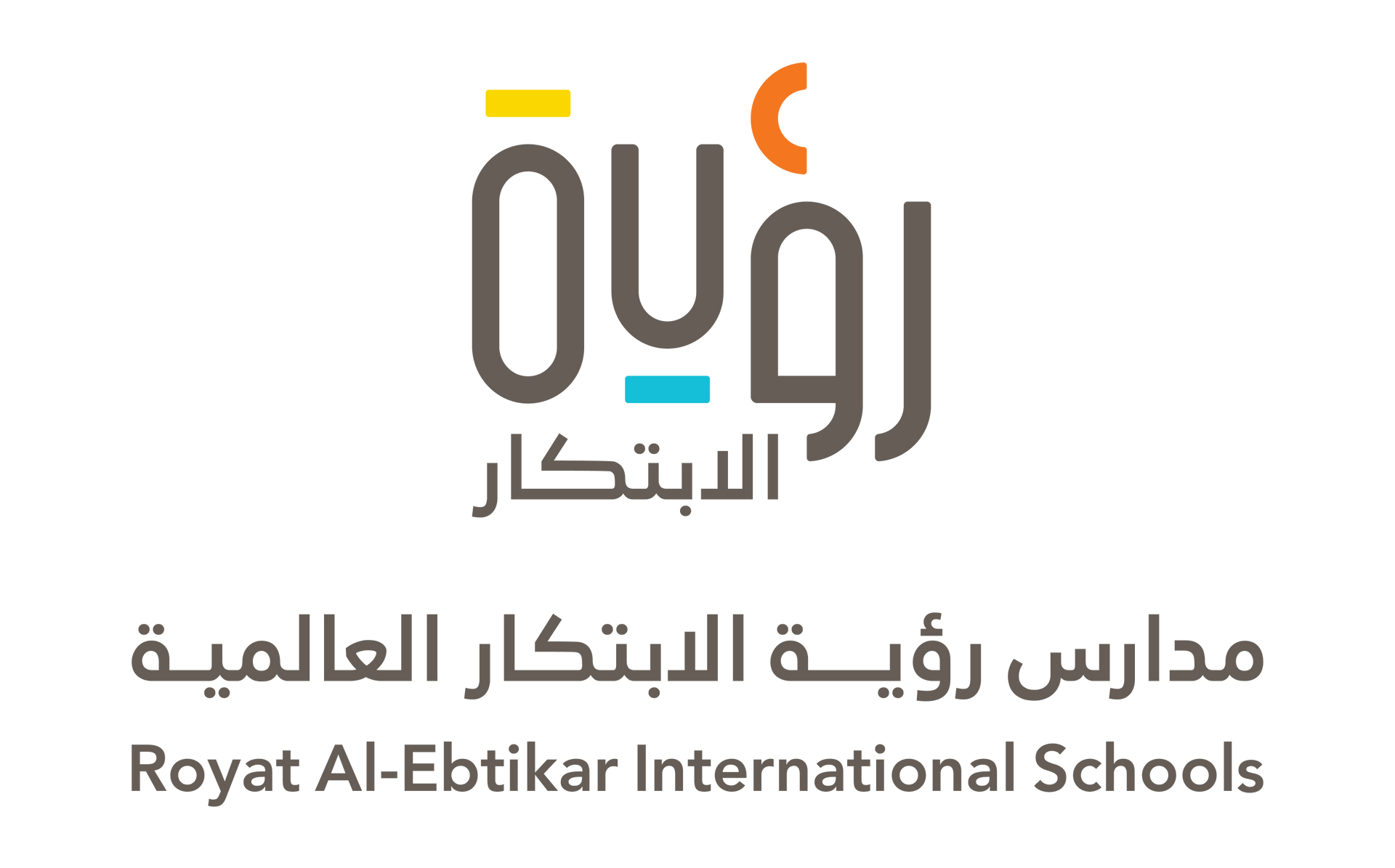10 Things Teachers Want Parents to Know
The Power of Parent-Teacher Collaboration in Jeddah’s Primary Schools
A child’s success in primary school depends on a strong partnership between parents and teachers. Research shows that
active parental involvement boosts academic performance, social skills, attendance, and behaviour. In Jeddah’s best primary schools, this collaboration is key to nurturing well-rounded learners.
Saudi Arabia’s education system is evolving under Vision 2030, emphasising 21st-century skills like critical thinking, creativity, and digital literacy. Parents play a crucial role in reinforcing these changes at home. Here are 10 essential insights teachers wish parents knew before the school year begins.
1. Open, Two-Way Communication is Essential
Teachers stress that
regular, meaningful dialogue between home and school leads to better student outcomes. In Jeddah’s competitive academic environment, where many schools use platforms like
Tadarus
and
Noor System for updates, parents should:
- Initiate contact early in the term, not just when issues arise
- Respond promptly to teacher communications (most schools prefer messages via official apps)
- Attend all scheduled parent-teacher meetings with prepared questions
- Share relevant home observations (e.g., changes in motivation or learning habits)
2. The Curriculum is Evolving Beyond Memorization
Saudi Arabia's education reforms have transformed classrooms from rote learning centers to
hubs of critical thinking. Students now engage in collaborative projects, real-world problem solving, and creative applications of knowledge. Many Jeddah schools incorporate STEM fairs and design thinking challenges. Parents can inquire about upcoming projects where involvement could enrich the learning experience.
Parents can support this shift by asking open-ended questions about lessons and connecting school topics to daily life.
- Asking “Why?” and “How?” instead of just “What did you memorize?”
- Encouraging educational YouTube channels (like Nahla wa Nahil for Arabic STEM)
- Visiting Jeddah’s science museums (e.g.,
Scitech) to reinforce concepts
3. Home Support Makes a Difference
Parents are a child’s first teachers. Creating a positive learning environment at home—whether through homework help, reading habits, or time management—strengthens school lessons. The pandemic proved parents can play an active role in education, but too much can be expected of parents. If you do not know the material or need help, ask the teacher specific questions.
4. Attendance Matters More Than You Think
Missing school isn’t just about lost lessons—it can signal deeper issues. Regular attendance builds discipline and academic confidence. Parents should ensure children arrive on time, prepared for the day. Research indicates a strong correlation between a student's feeling of connectedness to their school and a reduced likelihood of engaging in various risk behaviors, including absenteeism.
5. Behavior and Learning Are Interconnected
Classroom management remains one of teachers' greatest challenges. Parents can help by reinforcing
respect,
discipline, and
focus
at home. Encouraging self-regulation and responsibility supports a smoother school experience. Parents can practice active listening and gradually increasing independent work periods at home. Discuss respectful interactions and conflict resolution regularly.
Actionable Recommendations for Parents:
- Understand classroom behavioral expectations: Familiarize themselves with the school's and teacher's rules for conduct and reinforce these expectations consistently at home.
- Support teachers' disciplinary efforts: When a teacher communicates about a child's misbehavior, parents should view it as a collaborative effort to support the child's development, rather than solely as a complaint.
- Promote self-regulation and respect: Encourage children to develop self-control, listen attentively, and show respect for authority figures, including teachers and school staff.
- Discuss challenging behaviors openly: If a child is exhibiting disruptive behavior, parents should communicate with the teacher to understand the context and collaborate on strategies for improvement.
- Ensure adequate physical activity.
6. Every Child Learns Differently
Understanding your child's
unique learning style helps provide targeted support. Visual learners benefit from graphic organizers and illustrations, while auditory learners thrive with discussion-based activities. Kinesthetic learners need hands-on experiences and movement breaks. In addition, a single classroom might have gifted students (under-challenged), dyslexic students, students with ADHD or other barriers to their education.
It is important for parents to realize there is nothing to be ashamed of regarding a diagnosis and early identification of specific needs leads to more effective support strategies.
Parents should:
- Request screening if noticing persistent struggles
- Explore Saudi’s Dyslexia Awareness Initiative
- Share cultural context with teachers (some behaviours may reflect home norms)
7. Grades Aren’t Everything—Skills Matter Too
While academic performance matters,
Vision 2030 prioritises problem-solving, digital literacy, emotional intelligence and innovation over test scores alone. Parents should
celebrate creativity and effort, not just high marks, to prepare children for future challenges. Make enrichment resources available in the form of books, digital tools and experiences.
Parents can:
Broaden the definition of "success".
Encourage inquiry and exploration.
Support project-based learning.
Model creative behaviors.
8. Trust Teachers’ Expertise
Healthy parent-teacher relationships thrive on
mutual understanding and
respect. Communicate concerns while being mindful of response times and classroom constraints. Teachers manage complex classroom dynamics while addressing the individual needs of the students - your patience and cooperation make this challenging task more manageable.
Teachers can be frustrated when parents bypass them to complain, make assumptions about situations without gathering all the information, and disregarding school policies. Teachers appreciate it when parents acknowledge teachers’ workload and volunteer to assist in class, with activities in school or for out of school events.
Do not do your child’s homework. If they are struggling, the teacher needs to know so they can help your student. If the child is expressing extreme frustration about the homework, offer to help or contact the teacher. Together, you may be able to help your child manage the tasks better.
9. Schools Offer More Resources Than You Realize
Many parents remain unaware of the full range of support available at Jeddah schools. Beyond core academics, institutions provide
reading intervention programs,
math enrichment
clubs, and
language development groups. Social-emotional resources include
peer mediation training and
counseling services. Many schools offer digital platforms (like the Noor System), workshops, and extracurricular activities. Parents should explore these resources to stay informed and support their child’s growth.
Parents can:
Familiarize themselves with school policies.
Inquire about available resources.
Attend school events and meetings.
Provide feedback constructively.
Understand school limitations.
10. A Positive Attitude Towards Learning is Key
Children mirror their parents’ mindset. Encouraging curiosity, resilience, and a love for learning sets the foundation for long-term success. Maintain balanced expectations that recognize individual progress without unhealthy comparisons. When classroom lessons align with home values, this consistency powerfully reinforces learning.
- Praising Effort Over Innate Ability
"Your hard work shows!" vs. "You're so smart!"
- Normalizing Productive Struggle
Share stories of overcoming challenges
Frame mistakes as learning opportunities
- Maintaining Balanced Expectations
Recognize individual progress
Avoid comparing to siblings/peers
Final Thoughts
Education in Jeddah’s top primary schools, like
Royat Al-Ebtikar, is a shared responsibility. By embracing these 10 principles, parents can help teachers create a supportive, forward-thinking learning environment aligned with Saudi Arabia’s Vision 2030 goals.
Strong partnerships lead to successful students. Let’s make this school year the best yet!
Join the Conversation!
Communication goes both ways. What would you like to tell teachers and school administrators? What lesson do you hope your children take to school with them every day? Tell us in the comments below.
